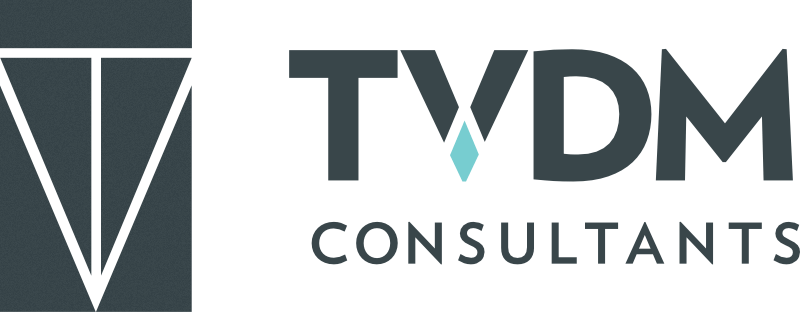How to HOA part 1 | Common Law and Non-Profit Company HOA key differences
02 April 2024 | Nicole Nel
For owners in sectional title schemes, the law and rules surrounding bodies corporate are pretty straightforward, in black and white and found within the Sectional Titles Schemes Management Act 8 of 2011 (“the STSMA”). One could almost say that owners in sectional title are spoilt by how secure their rights and obligations, in relation to their sectional title units, are because of the STSMA.
So, it’s disappointing, but not surprising, that when owners in Homeowners Associations (“HOAs”) find themselves in a pickle and look for a black and white piece of legislation to fall back on, that such legislation does not exist!
Because of the above, we at TVDM Consultants, sound like stuck records when asking clients, “What does your governance documentation say?”
That’s why I have decided to write a 7 part article series on HOAs, in hopes of dealing with basic queries that may assist owners within HOAs, so that when looking through their governance documentation for the answers, owners have a much better understanding of what they are reading, as well as the relevant information that they are searching for.
From the outset of this article series, it is so important to remember that no HOA, at least in mine and all of my colleagues’ experience, is the same as another. This is because every HOA was uniquely designed and developed to address certain needs and serve certain purposes.
With the above in mind, remember that it is your duty, when you are a prospective purchaser into an HOA, to familiarise yourself with the relevant governance documentation such that you understand what you would be binding yourself to, should you become a member of that particular HOA.
For this article series, I have decided to focus on 7 different areas within HOAs that I know there is a hunger for general information on, these areas are:
What is the difference between Common Law and Non-Profit Company HOAs?
What are the different types of governance documentation that you could find in an HOA?
Who are the members of an HOA and what are their obligations?
Who is the management committee elected to administer and manage the affairs of the HOA?
The different types of meetings and general meeting processes in HOAs;
The different types of accounts, records and financial requirements that HOAs must comply with, and
How is dispute resolution regulated within an HOA?
Let’s get straight into it with the different types of HOAs in South Africa. If you live in an HOA, it can only be one of two types, namely, a common law association, this is most prevalent in the Western, Eastern and Northern Cape, and is governed by the Spatial Planning and Land Use Management Act of 16 of 2013 (“SPLUMA”), OR a non-profit company, previously a section 21 company, in terms of the Companies Act of 2008, which is more prevalent in Gauteng and Northwest.
A fun fact is that Kwa-Zulu Natal generally has a good mix of both of these types of HOAs.
A common law HOA is established in terms of the relevant Municipal By-Laws, i.e. the City of Cape Town Municipal Planning By-Law, 2015 for the City of Cape Town and the eThekwini Planning and Land Use Management By-Law, 2016 for the regions in Kwa-Zulu Natal, and must be registered with the relevant Local Authority as a voluntary association.
A non-profit company HOA is established in terms of the Companies Act of 2008 and must be registered with the Companies and Intellectual Properties Commission (“CIPC”).
We hope that this article assists you in identifying the different types of HOAs. Stay tuned to learn even more about HOAs in this upcoming series.
Should you require any more information regarding this topic, don’t hesitate to contact us today on 061 536 3138 or at info@tvdmconsultants.com
If you have not already done so, click here to sign up to our newsletter.
About the Author:
Nicole Nel is a Community Schemes Consultant at TVDM Consultants, Click here to learn more about her.


